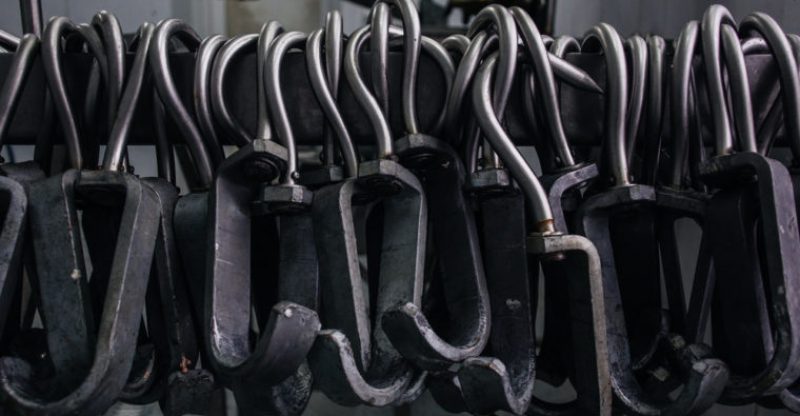UK Food Safety Regulator Effectively Trials Blockchain In A Slaughterhouse
The UK government’s food safety regulators have successfully finished a trial of blockchain technology for meat inspection in a supply chain.
The Food Standards Agency (FSA) has completed an effective blockchain trial tracking meat from a cattle slaughterhouse, calling it ‘the first time blockchain has been used as a regulatory tool to ensure food compliance in the food sector’.
The trial included an unidentified slaughterhouse whose meat was tracked on a permissioned blockchain. Information recorded on the decentralized ledger was available by both the FSA and the slaughterhouse as permissioned participants.
After the effective trial, FSA head of information management Sian Thomas summed it up as “really exciting development” after disclosing the agency “thought that blockchain technology might ass real value to a part of the food industry.”
A slaughterhouse was particularly selected for the trial given that it “requires a lot of inspection and collation of results”, she noted, going on to explain:
“Our approach has been to develop data standards with industry that will make theory reality and I’m delighted that we’ve been able to show that blockchain does indeed work in this part of the food industry. I think there are great opportunities now for industry and government to work together to expand and develop this approach.”
Although the FSA did not give detail on the type of blockchain network used, the agency is presently planning to increase its trial this month to include farmers as a permissioned participant in the blockchain, helping them to access to animal information from their farm.
The food safety regulator has also stated its plans to copy the blockchain experiment in other plans across the meat supply chain. As a matter of fact, the authority has encouraged the wider industry to adopt blockchain technology if future trails remain to be a success. The present tracking and data logging model are “limited”.





